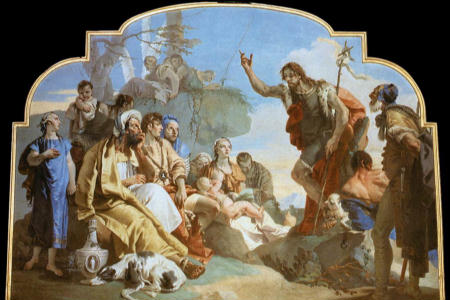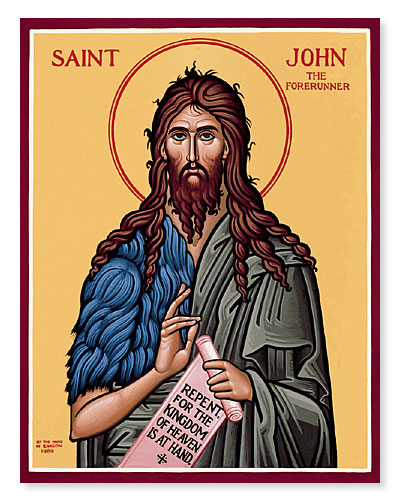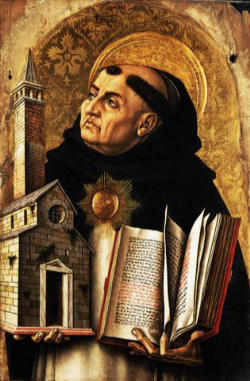On August 29, in the Liturgical Calendar of the catholic Church, we memorialize the martyrdom of Saint John the Baptist.
Two millennia after his illustrious mission as the harbinger of Christ, we readily accept, as we should, his prophetic role in the revelation of God’s plan of salvation and the advent of the Gospel.
Yet, how might we have seen John if we had been his contemporaries?
Would we have so readily accepted him, or might we have rejected him as a fanatic or extremist?
Let’s face it: John was peculiar. He dressed like a cave man, ate insects and railed at politicians for their fornications.
He sequestered himself in the desert where he tirelessly initiated converts fleeing the sinful pollution of the cities.
He proclaimed the end if the people failed to repent and he used vivid and mystical imagery.
In the popular “media” of the day, he was portrayed as a nut and dangerous fanatic.
John embodied what I call “the legacy of unpopular methodology”. By standing apart, boldly calling out evil doers without regard to their prestige or rank, by challenging his own co-religionists, John made himself terribly “unpopular”.
At the end, he publicly and relentlessly criticized the personal behavior of the most powerful politician in Judea, Herod. As a result he was arrested and executed as a traitor.
Today we tend to reject those who similarly publicly decry sin and heresy. Street preachers, prophets and clerics who confront sinful policies, bad behavior and false ideologies are decried as trouble makers, fanatics and dangerous “extremists”.
Saint John the Baptist was a simple man, not a member of the elite. He was stirred by conscience and the Holy Spirit to call a spade a spade, and throw convention to the wind.
He paid dearly for it, and as Christians we inherit the abundant fruit of his daring investment.
That is the ultimate blessing of his unpopular methodology.

